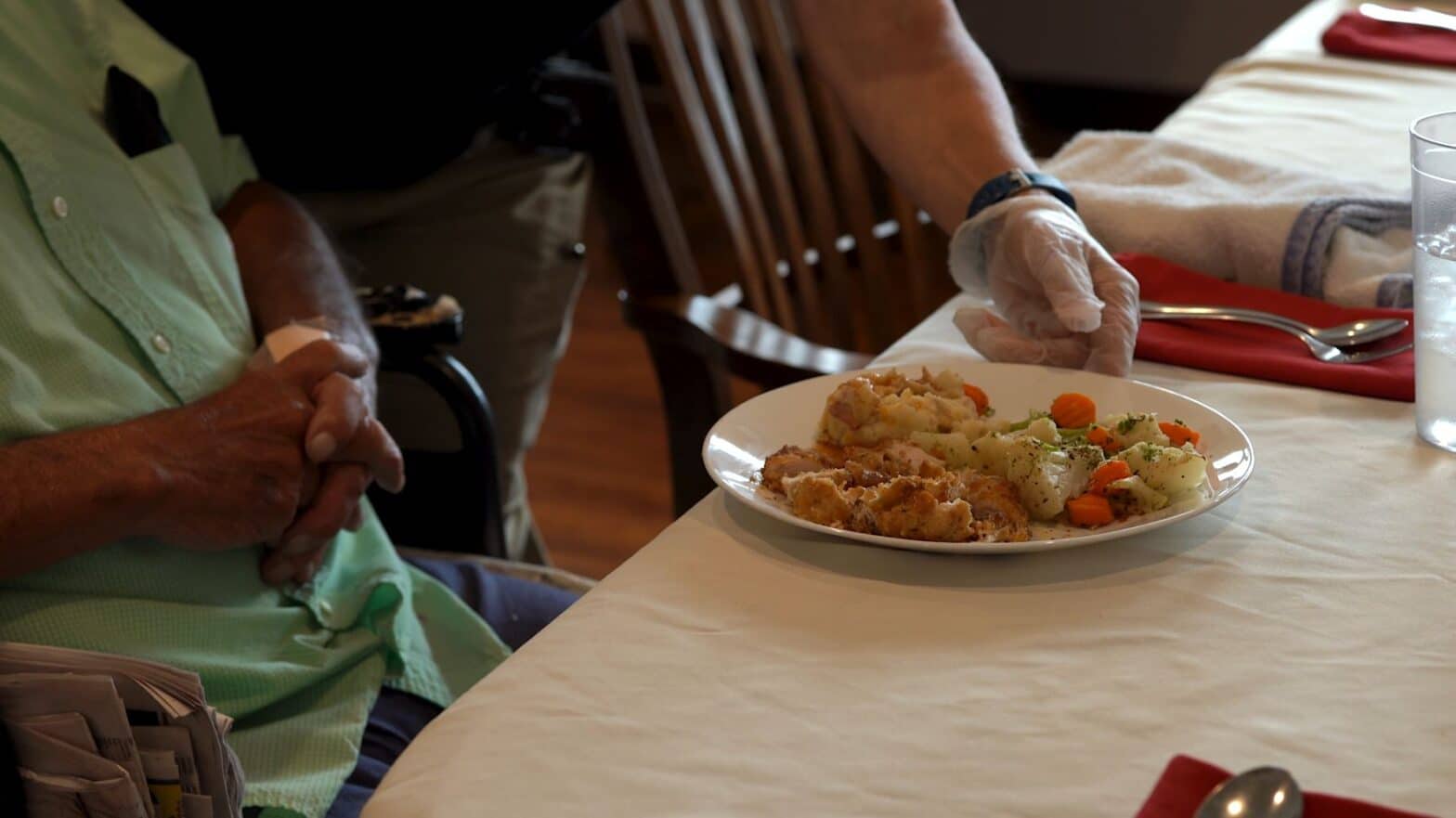Eating right is difficult for everyone. This fact does not change with age. As we age, our dietary needs DO change however, along with our lifestyle. It can be increasingly difficult to keep up with these changes, especially when various organizations have such varied opinions about what is healthy and what is unhealthy. Of course, there are certain foods that are healthy for some people that may not be healthy for others that have allergies to them. If you find yourself among those ranks, you should seek a physician’s advice about what is right for your diet.
Lifestyle and Effort
Lifestyle change is one of the largest determinants of dietary change. As we grow older, our activity levels do change. Perhaps we used to have to cook for a growing army. Slowly, that number diminishes until we’re only cooking for one or two. It can seem like a huge burden to go through the effort to slice and dice and saute vegetables for only a couple of people. The problem is that it’s also a time in life when our needs are shifting and the vitamins and minerals found in fresh vegetables are exactly what our body is asking for in order to meet the daily demands of an aging body.
The effort in preparation is the same whether you’re getting everything out to chop veggies for one or five people, so it seems a waste of energy. One suggestion is to take everything out once, do a chopping session, and freezing the vegetables into individual portions for ease of cooking later. That way there is no waste of energy or food.
Changes as We Age
As we age, our bodily nutrient requirements change. The need for high amounts of fat for energy lessen. The need for calcium increases. Make sure to do some research while keeping in mind your specific health conditions so that you know what you may be lacking, or what you may be over-indulging in. If you have health issues come up, be sure to consider whether it could be related to your diet first. Then try to correct it if there seems to be a connection. Type 2 diabetes is a disease that can be greatly improved through dietary interventions. Goiters can also be helped greatly through dietary interventions as simple as iodine, osteoporosis with calcium rich diets. Even if diet is not the only treatment, it can be a large part of the treatment and benefit you by not having to take as much medication to regulate your symptoms. Diet is always worth looking at first!
Even if you are among the rare few who have a very balanced diet that you stick to, malabsorption issues could be causing problems. Many vitamins and minerals are dependent on other vitamins, minerals or fats in order to be absorbed efficiently by the human body.
Research Still Needed
Nutrition and aging is something that deserves further research. Even the WHO (World Health Organization) admits that the research on this subject needs to be re-visited. “There is thus an urgent need to review current recommended daily nutrient allowances for this group. There is also an increasing demand worldwide for WHO guidelines which competent national authorities can use to address the nutritional needs of their growing elderly populations.”
If you are now considered among the ranks of the elderly, or if you are involved in elder care for a loved one, proper dietary nutrition can help to make life much easier, full of vitality and more enjoyable for everyone involved.


1 comment